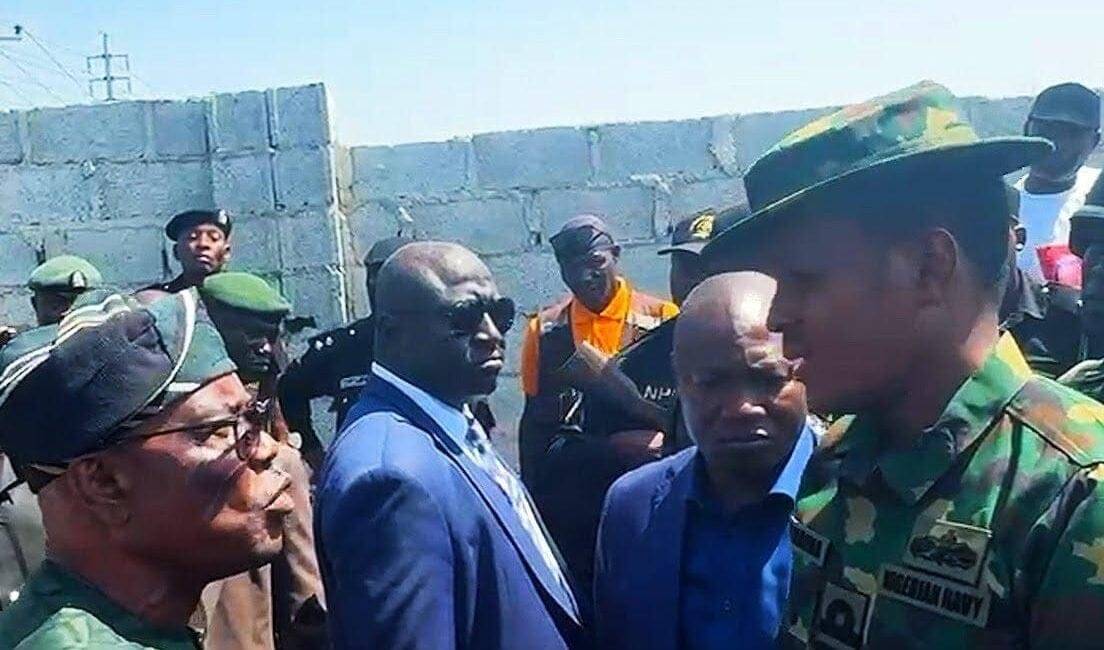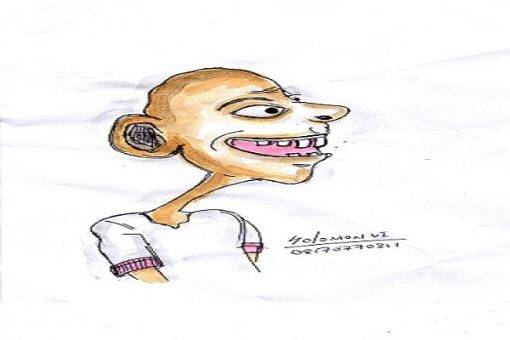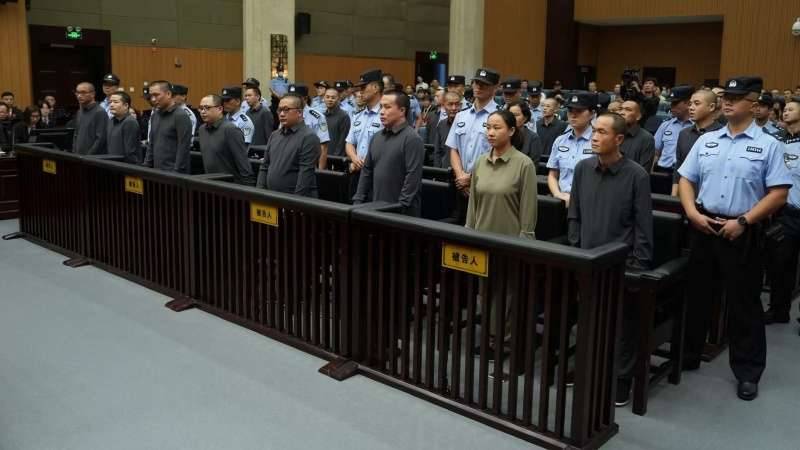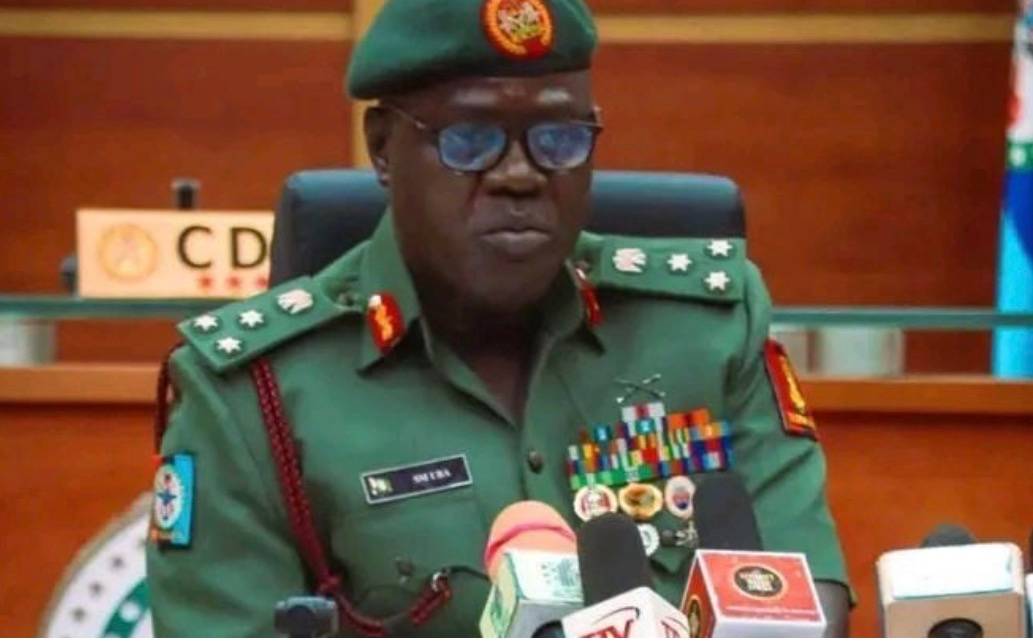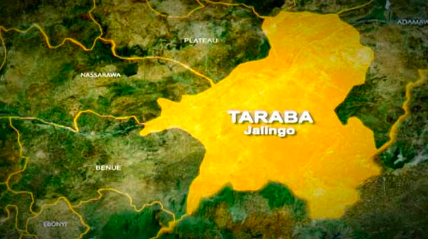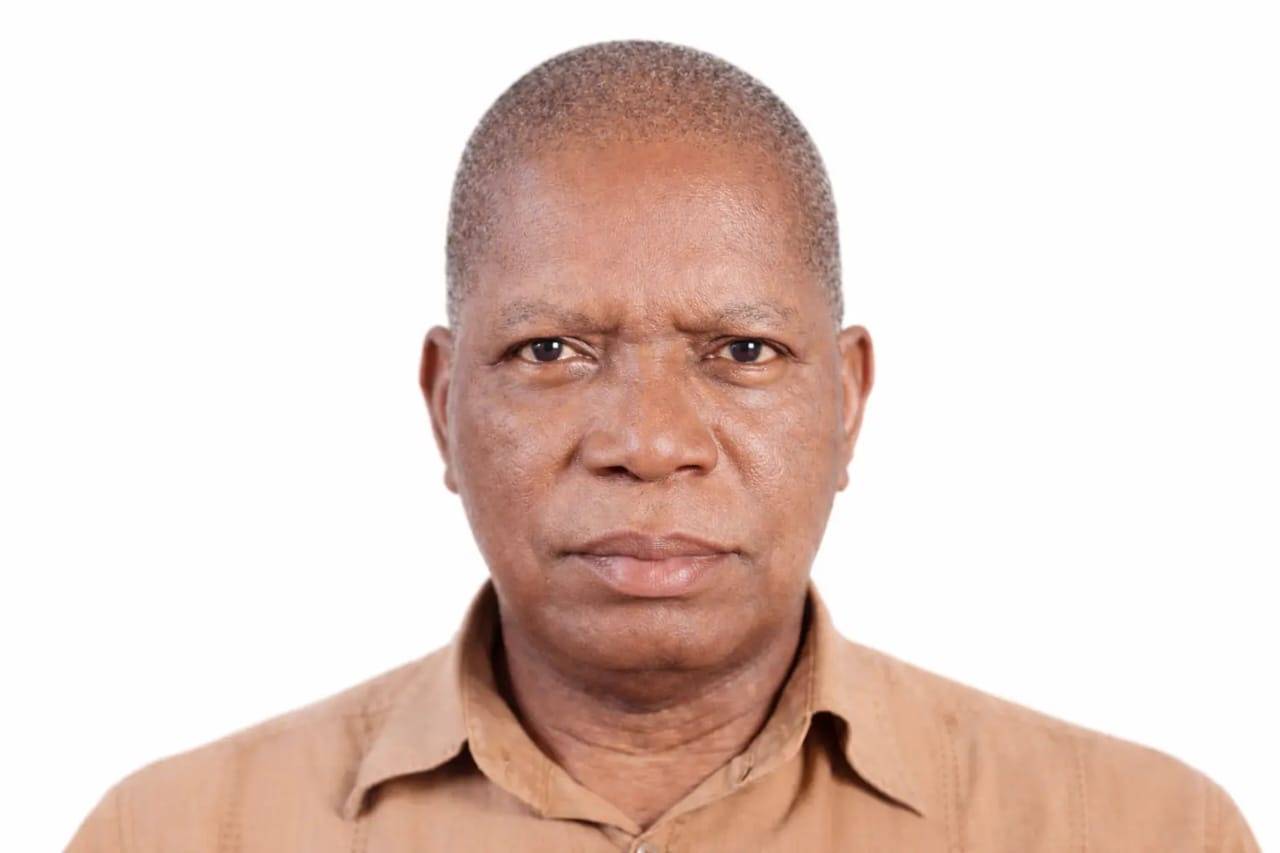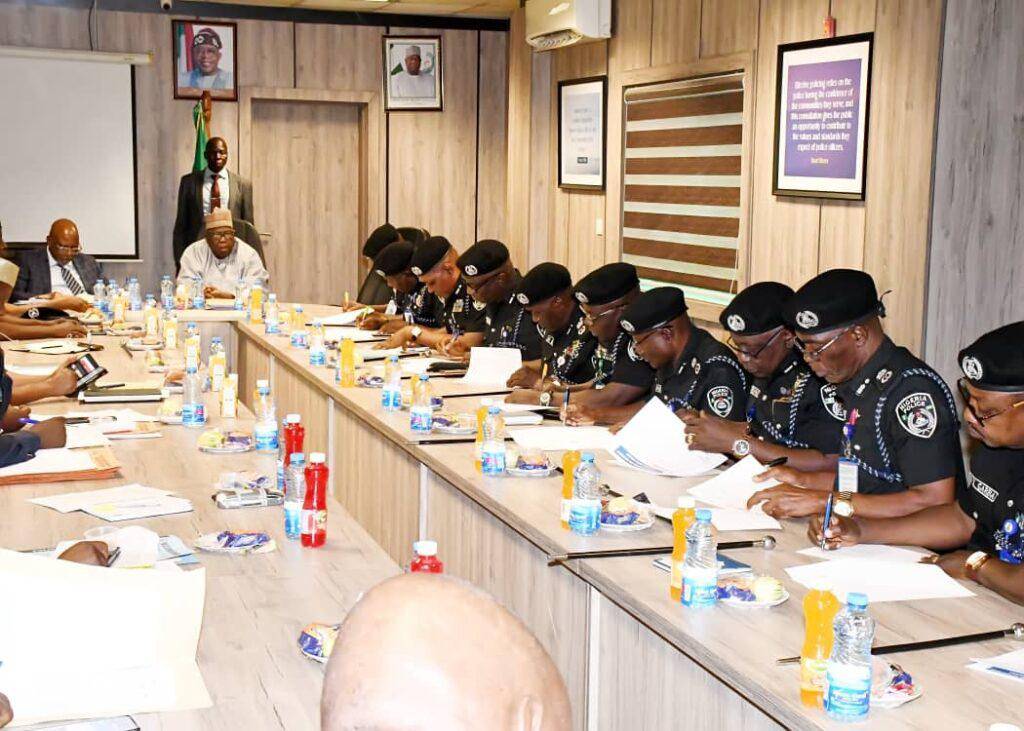By Fatima DAMAGUM
Sometime last year, this same drama unfolded. ‘Big man’ vs ‘small man’. Do you remember Alex Mascot Ikwechegh, a House of Representative member from Abia State slapping a Bolt driver for daring to ask for his payment? What about when a state commissioner stormed a hospital to harass a doctor for following due process. The characters change, but the script remains the same: arrogance, intimidation, and abuse of power.
This time, it was not an obscure local official or overzealous “HOD.” This time, it is Oga Nyesom Wike, the Minister of the Federal Capital Territory, a man who once governed Rivers State with an iron fist and an even sharper tongue. A viral video showed him in a heated altercation with a young soldier stationed at a plot of land where construction works were ongoing in Abuja. Reports say the soldier had merely said he was acting on orders, doing his duty, when Wike, the Honourable Minister, decided that his personage was above such protocol.
The video doesn’t show everything, but it shows enough: a powerful man, bristling with indignation at being questioned by someone he considers beneath him. The very idea that an ordinary soldier, barely in his twenties, could stand up to a minister was an offense too great to bear.
We have seen this movie so many times.
Permit me to ask: of what essence is the use of all the leadership training we parade ourselves to? What are the endless retreats, fellowships, and summits for, if at the end of the day, it is touts and tyrants that occupy our highest offices?
We have turned leadership into a costume, a uniform worn by the loudest, not the wisest. We mistake aggression for strength, vulgarity for courage, and impunity for influence. In a nation where political power is seen as conquest, humility becomes a weakness and accountability a foreign concept.
Let us imagine, for a moment, that the soldier had spoken back. What would have happened? He would be detained, suspended, or worse, quietly transferred to Sambisa. Because in Nigeria, power flows one way: from the top down. And it crushes everything in its path.
The tragedy is not Wike’s outburst itself, but what it represents. It is the loud declaration of a class that believes leadership is ownership. These men, and even women behave as though Nigeria were their father’s estate, and we, the rest, are tenants who should be grateful for their crumbs. You see women beating up underage house helps, slapping drivers and hitting elderly gardeners. What manner of leadership is that?
I have sat in leadership training rooms, watched PowerPoint slides about integrity, servant leadership, and emotional intelligence. I have heard the jargon “capacity building,” “transformational leadership,” “ethical governance.” Yet, the people who most need these lessons are not in those rooms. The real students of leadership are in power, but they refuse to learn.
Because true leadership cannot be taught to the arrogant. It can only be lived by the humble.
The soldier at that checkpoint was doing his job maintaining order in a city where chaos reigns. He did not insult or obstruct; he asked for identification, as protocol demands. But to Wike, the act itself was insolence. Because, in his mind, he is the law.
This is where we are as a country where leadership is not a duty, but a display. We don’t appoint thinkers; we appoint enforcers. We don’t promote empathy; we promote ego. Every new government promises “renewed hope,” but ends up recycling the same broken men in agbadas of different colours.
And the rest of us? We have learned to clap for our abusers. We record their tantrums, share the clips, rant on X and Facebook, then move on until the next scandal erupts.
But the rot goes deeper. It is in the schools that teach children that obedience to power is more important than questioning it. It is in the civil service where files move only when accompanied by brown envelopes. It is in the silence of good people who refuse to speak until the fire reaches their doorstep.
Wike’s altercation with the soldier is not just an embarrassment; it is a symptom of a disease we have refused to treat, the collapse of leadership character.
Leadership is not about shouting orders or brandishing titles. It is about restraint, humility, and accountability. It is about treating the cleaner with the same respect as the commissioner. It is about knowing that the uniform of authority carries responsibility, not immunity.
We don’t need more leadership conferences. We need consequences. Until a minister can be punished for misconduct the same way a clerk is, until respect for office is earned and not demanded, Nigeria will continue to breed bullies, not leaders.
So, to the Honourable Minister and his ilk, I say this: Leadership is not about being feared. It is about being followed willingly, not forcefully.
And to that young soldier who dared to do his job, I say: hold your head high. You stood for something that too many of our leaders have forgotten: discipline, integrity, and service.
Because true leadership begins not when a man says “Do you know who I am?”
But when he remembers who he is meant to be.


